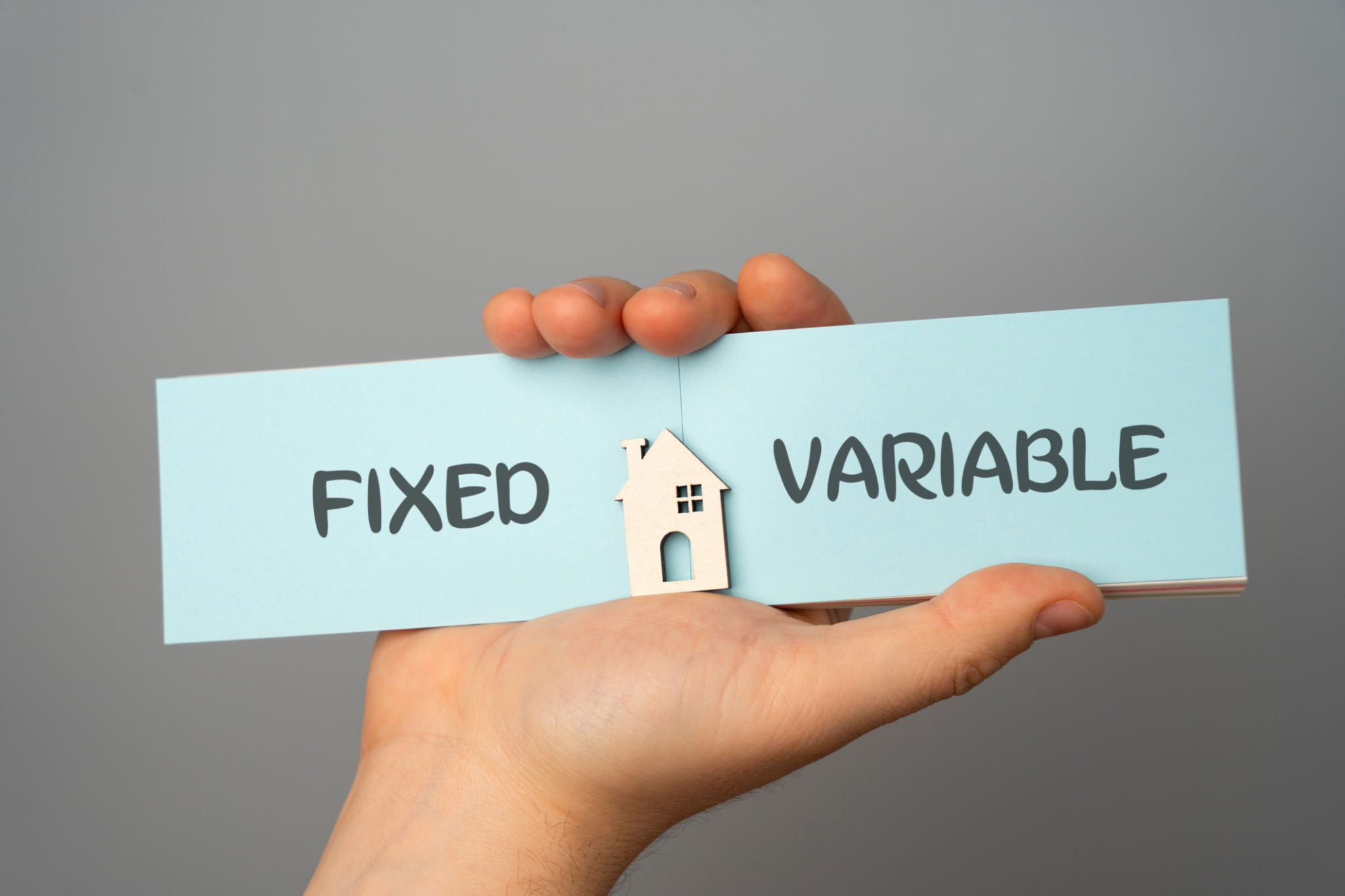Fixed Rate vs Variable Rate Mortgages: Which is Right for You?
Understanding Fixed Rate Mortgages
When it comes to choosing a mortgage, one popular option is the fixed rate mortgage. This type of mortgage offers a constant interest rate throughout the life of the loan, making your monthly payments predictable and stable. This can be particularly beneficial for those who plan to stay in their home for a long period and want to avoid the uncertainty of fluctuating interest rates.
Fixed rate mortgages typically come in 15, 20, or 30-year terms. While the 30-year fixed mortgage is the most common, shorter terms can save you money on interest in the long run. However, they usually come with higher monthly payments.

Exploring Variable Rate Mortgages
On the other hand, a variable rate mortgage, also known as an adjustable-rate mortgage (ARM), features an interest rate that can change over time. These mortgages usually start with a lower interest rate compared to fixed-rate mortgages, which can be appealing to homebuyers looking to minimize initial costs.
The interest rate on a variable mortgage is typically tied to an index, and it adjusts at predetermined intervals. For example, a 5/1 ARM means the rate is fixed for the first five years and adjusts annually thereafter. This can be advantageous if you plan to move or refinance before the adjustment period begins.

Pros and Cons of Fixed Rate Mortgages
Choosing a fixed rate mortgage comes with several benefits and drawbacks:
- Stability: Your monthly payments remain constant, making budgeting easier.
- Long-term Predictability: You are protected from rising interest rates over time.
- Higher Initial Rates: Fixed rate mortgages often start with higher rates compared to ARMs.
- Lack of Flexibility: If interest rates fall, your mortgage rate remains unchanged unless you refinance.
Pros and Cons of Variable Rate Mortgages
Variable rate mortgages also have their set of advantages and disadvantages:
- Lower Initial Interest Rates: Initial payments are often lower than those of fixed-rate mortgages.
- Potential Savings: If interest rates decrease, so can your payments.
- Uncertainty: Future payments may increase significantly if interest rates rise.
- Complexity: Understanding terms and conditions can be more complicated than fixed rate mortgages.

Factors to Consider When Choosing a Mortgage
Your decision between a fixed or variable rate mortgage should be based on various personal and market factors. Consider how long you plan to stay in your home, your financial stability, and your tolerance for risk. If you value predictable payments and plan to stay put for many years, a fixed rate might be ideal. Alternatively, if you anticipate moving soon or can handle potential payment increases, an ARM could offer savings.
Market conditions also play a significant role. In times of low stable interest rates, locking in a fixed rate might be beneficial. Conversely, if rates are high but expected to drop, an ARM might be preferable.
Making an Informed Decision
The choice between a fixed and variable rate mortgage is a significant financial decision that requires careful consideration of your personal circumstances and future plans. Consulting with a financial advisor or mortgage professional can provide you with personalized advice tailored to your needs.
Ultimately, both options have their merits, and the best choice depends on your individual situation. By weighing the pros and cons and considering your long-term goals, you can make a more informed decision that aligns with your financial strategy.
